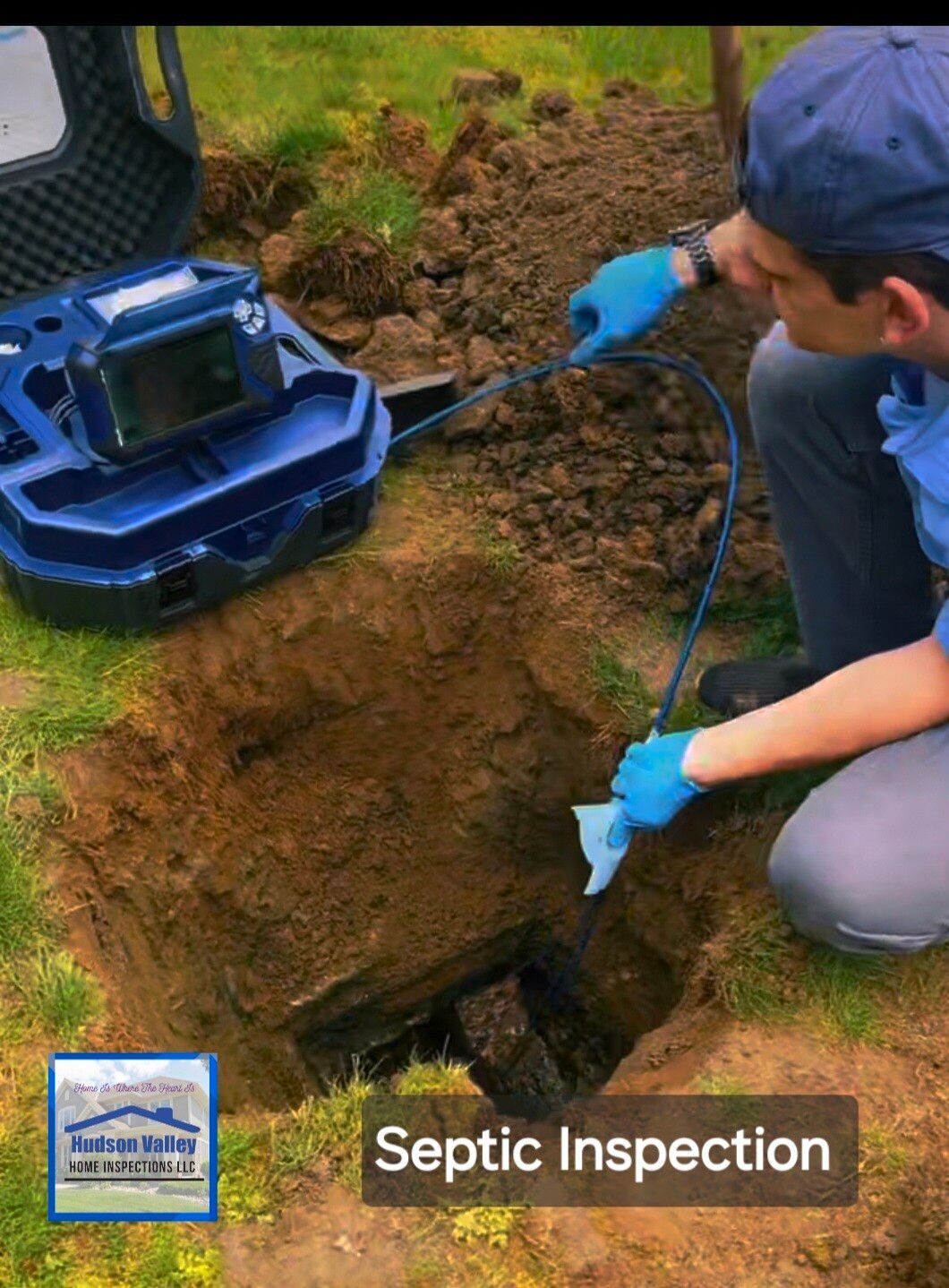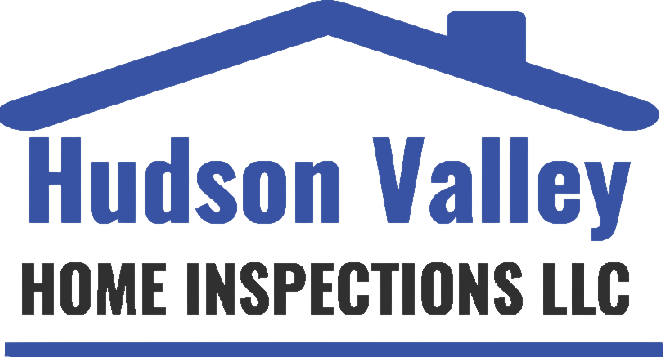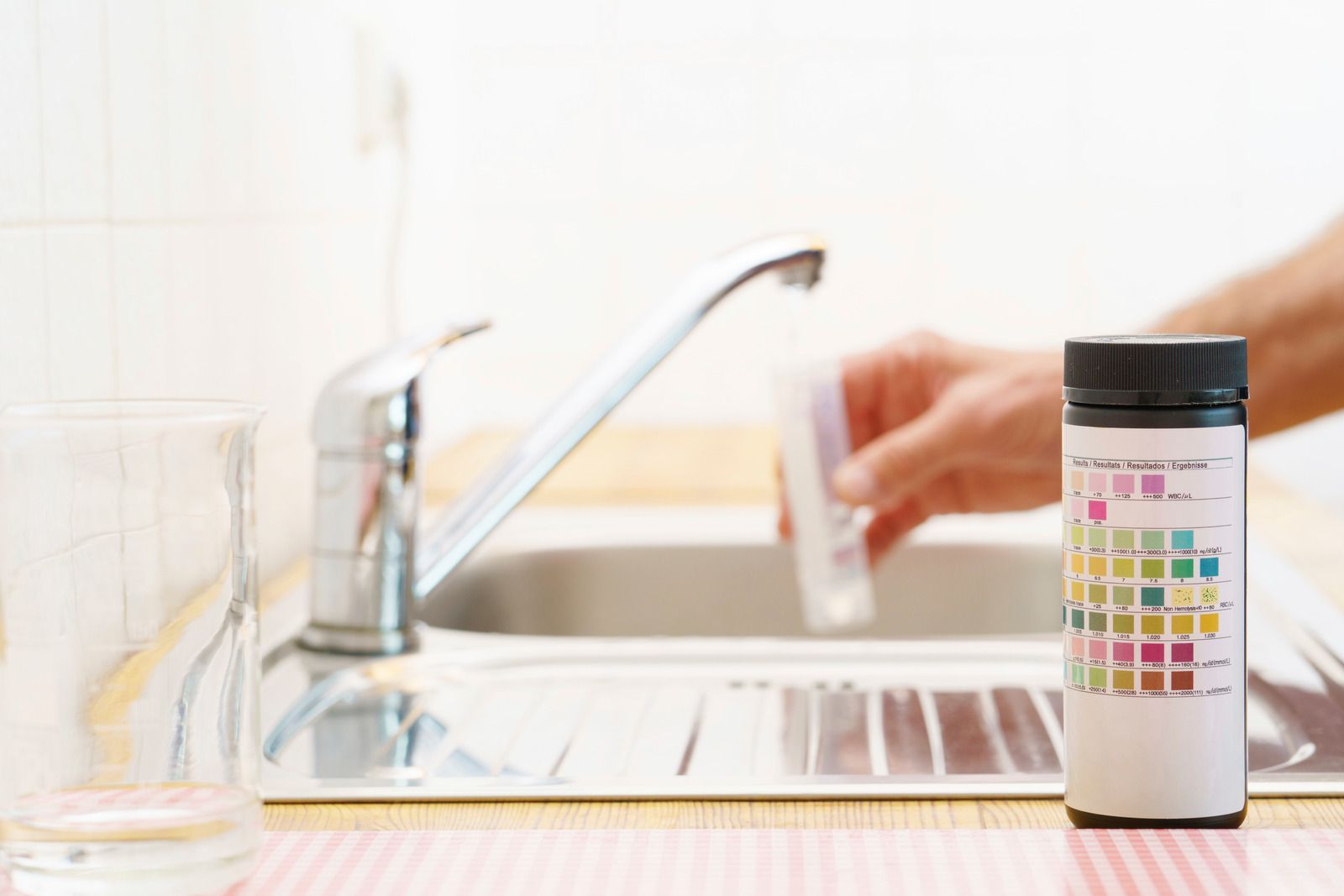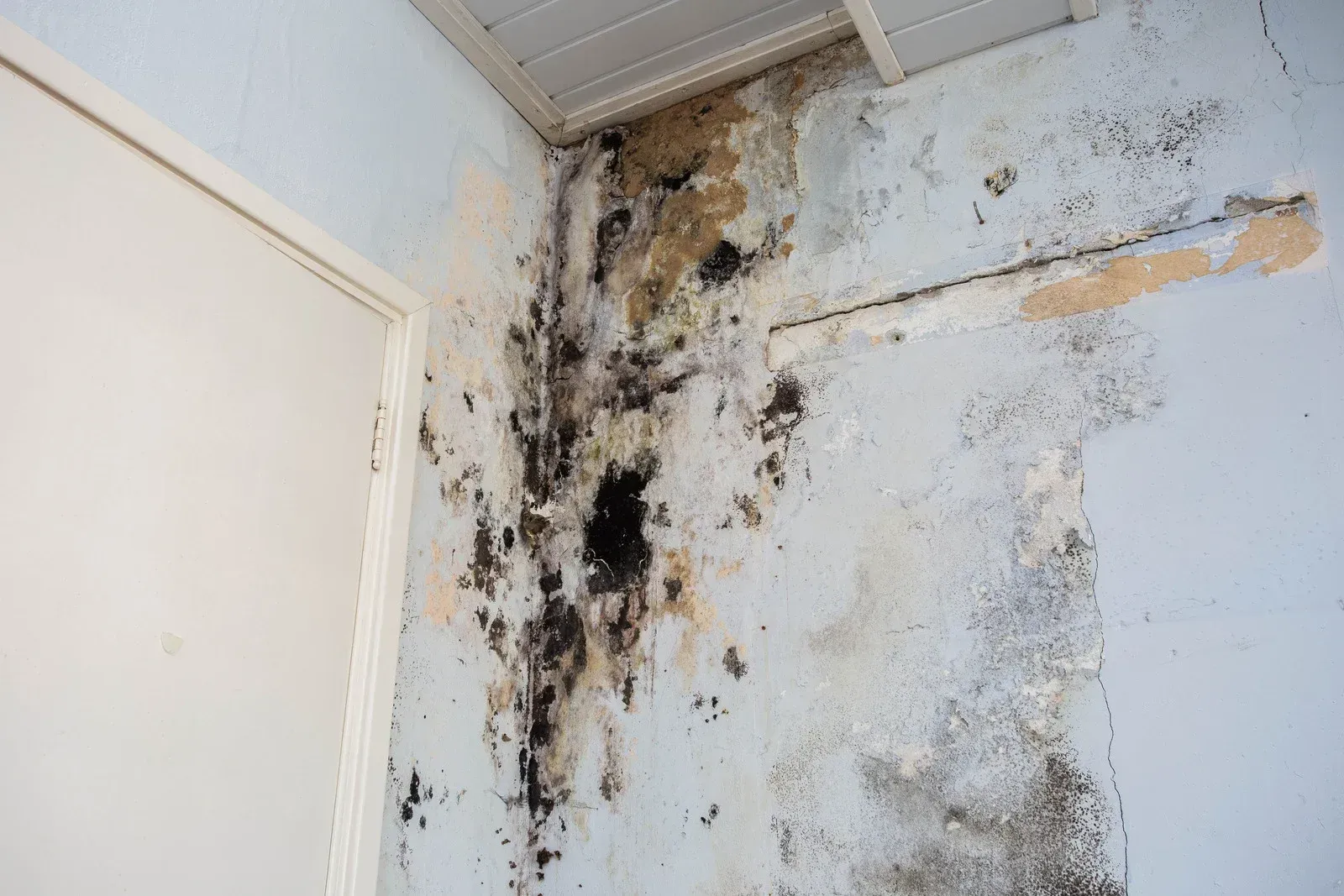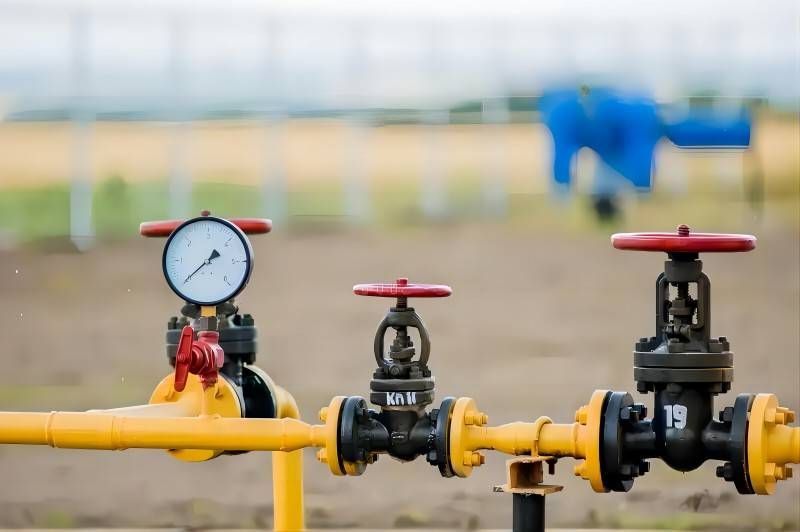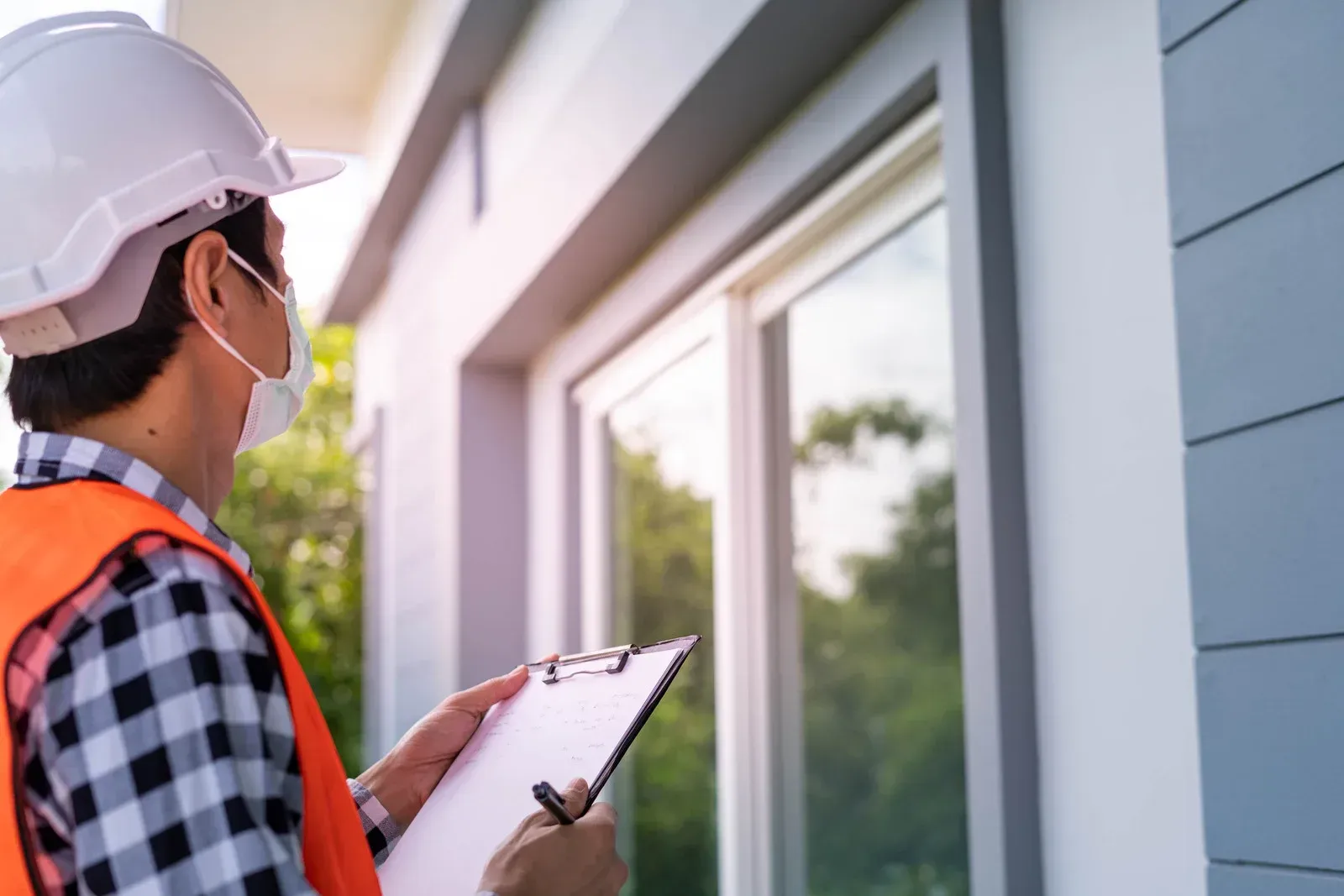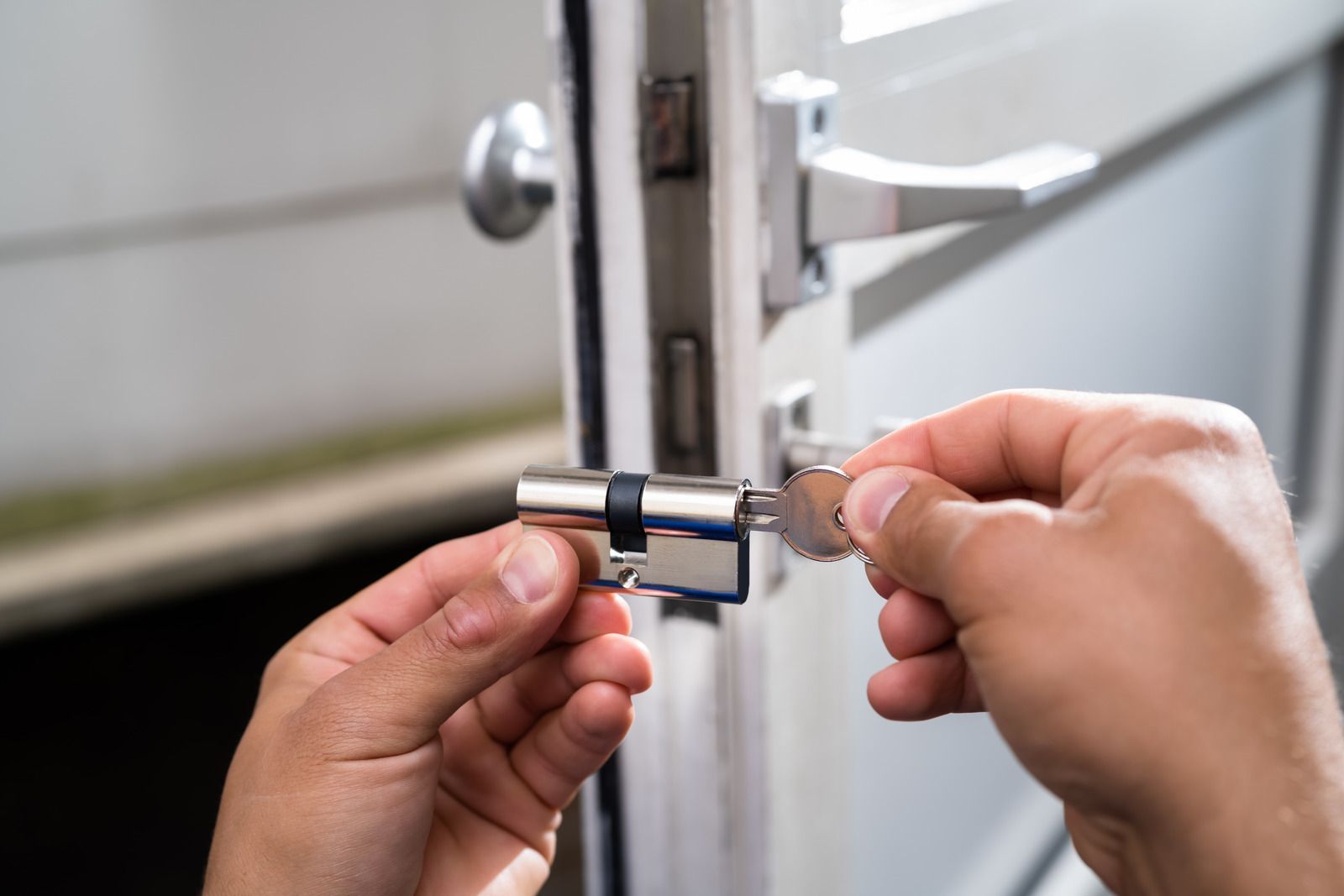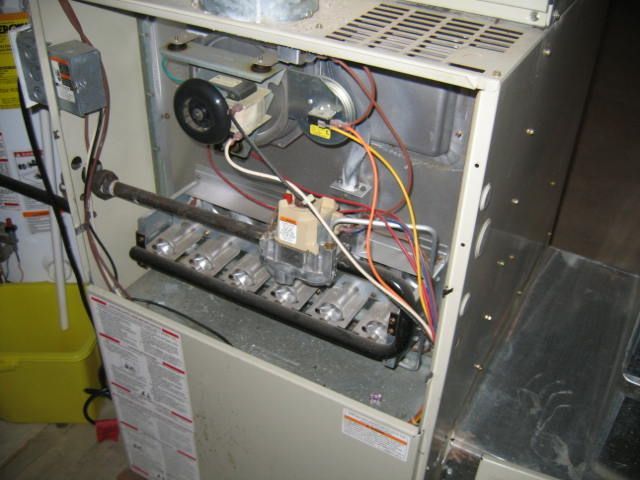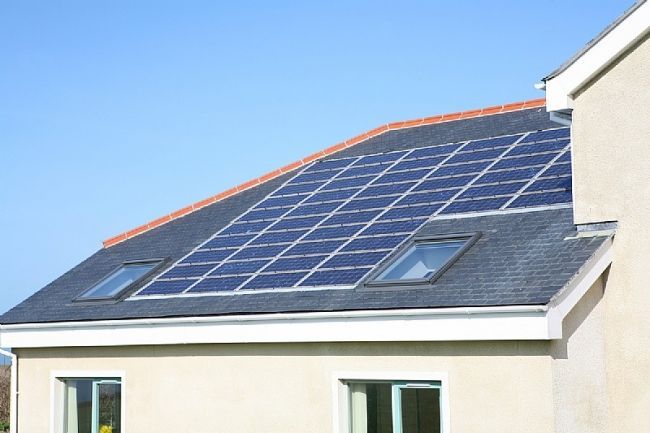The Importance of Water Testing for Your Home
When buying a home, most buyers focus on structural integrity, electrical systems, and HVAC performance. However, one critical aspect that often goes overlooked is water quality. Whether you're purchasing a new home, living in a rural area with a private well, or simply ensuring the safety of your drinking water, water testing is essential.
Why Is Water Testing Important?
Clean water is crucial for drinking, cooking, bathing, and other daily activities. Contaminated water can pose serious health risks, leading to issues such as gastrointestinal problems, skin irritation, or long-term exposure to harmful substances like lead, arsenic, or bacteria.
Common contaminants in water include:
- Bacteria and viruses (such as E. coli or coliform bacteria)
- Heavy metals (like lead, arsenic, and mercury)
- Nitrates and nitrites (from fertilizers and septic system runoff)
- Hardness minerals (calcium and magnesium, which cause scale buildup in plumbing)
- Chlorine and other disinfectants (used in municipal water treatment)
Testing your water can help identify potential issues before they become health hazards or cause damage to your plumbing system.
How Often Should You Test Your Water?
The EPA (Environmental Protection Agency) recommends homeowners test their water at least once a year, but certain circumstances may require more frequent testing:
- If your home relies on a private well (test at least annually or after heavy rainfall, flooding, or land disturbances)
- If your plumbing system contains lead pipes or fixtures (test for lead contamination)
- If there are noticeable changes in water taste, color, or odor
- After plumbing repairs or system replacements
- If household members experience unexplained illnesses potentially related to waterborne contaminants
Different Levels of Water Testing
At Hudson Valley Home Inspections LLC, we offer water testing as a separate ancillary service, with different levels depending on your specific needs:
- Basic Water Testing –
Checks for pH balance, hardness, and chlorine levels. Useful for identifying minor water quality issues.
- Bacteria Testing – Screens for harmful bacteria such as coliform and E. coli, which can indicate contamination from sewage or animal waste.
- Chemical Testing – Detects heavy metals, nitrates, pesticides, and other potentially harmful substances. Essential for well water users.
- Full-Spectrum Testing – Covers a wide range of contaminants, including volatile organic compounds (VOCs), industrial pollutants, and radon. Recommended for homes near industrial sites or agricultural areas.
What Happens If Your Water Fails the Test?
If your water test results show contamination, don't panic. There are various solutions available, such as:
- Installing a filtration system (reverse osmosis, activated carbon, or whole-house filtration)
- Using water softeners to reduce hardness and scale buildup
- Shocking your well with chlorine if bacteria is present
- Replacing old plumbing if lead contamination is detected
Schedule Your Water Test Today
Water testing is a simple but crucial step in ensuring the health and safety of your household. Whether you're a homebuyer, a homeowner with a well, or simply looking to improve your water quality, regular testing can help you identify potential issues before they become serious problems.
At Hudson Valley Home Inspections LLC, we provide comprehensive water testing services, from basic checks to full-spectrum analysis. Contact us today to schedule your test and ensure your water is safe for you !
